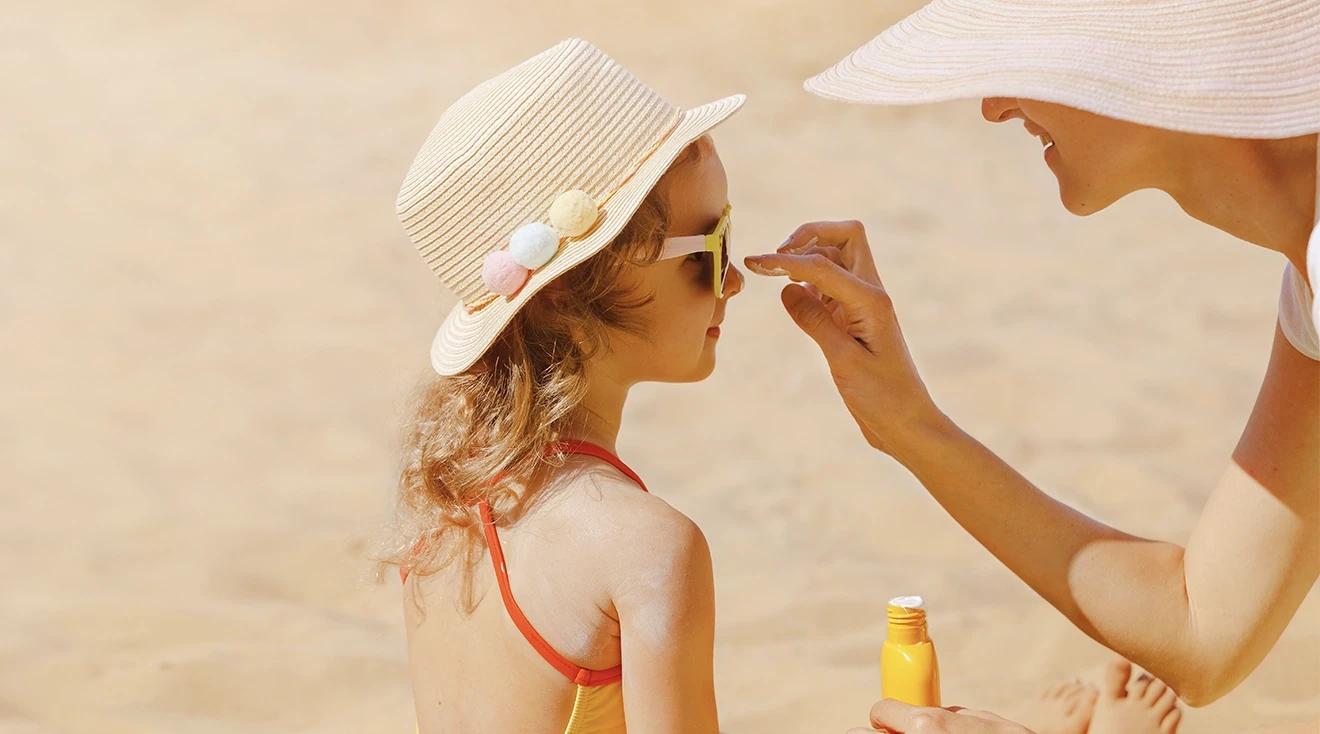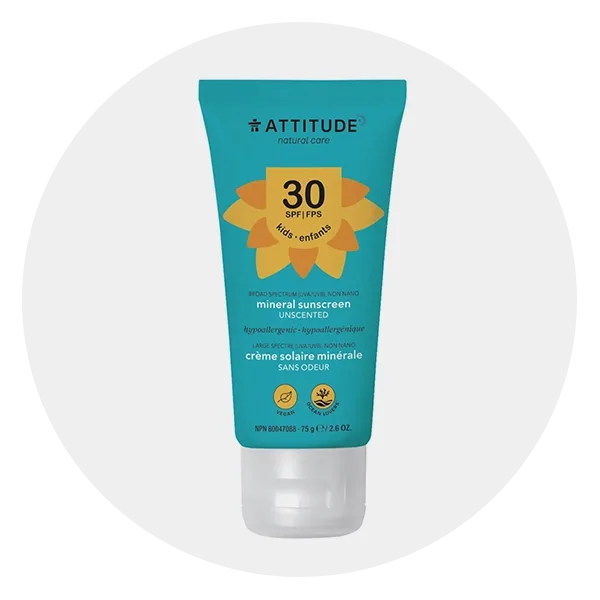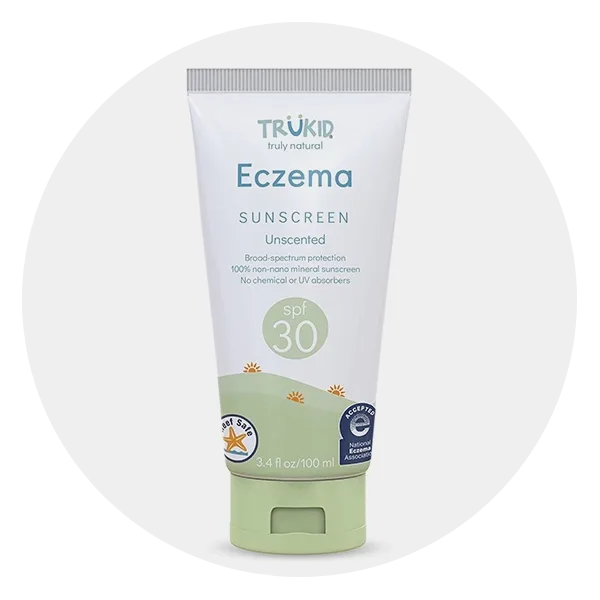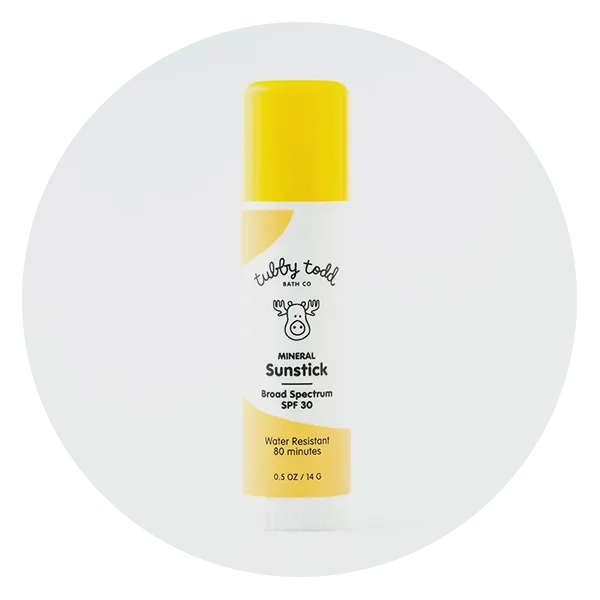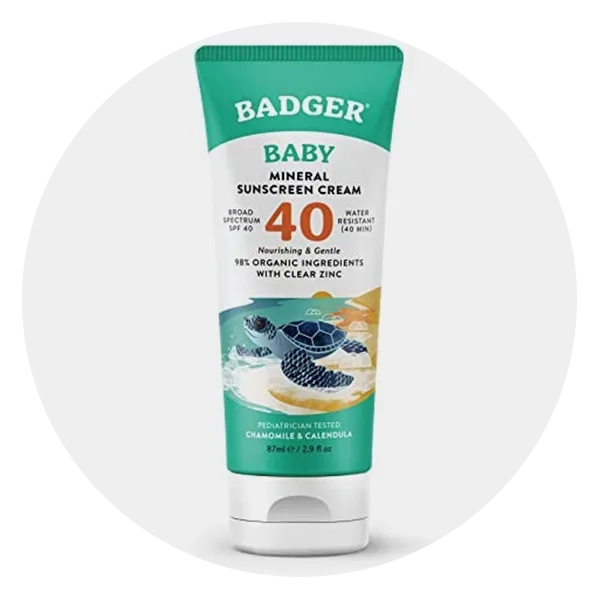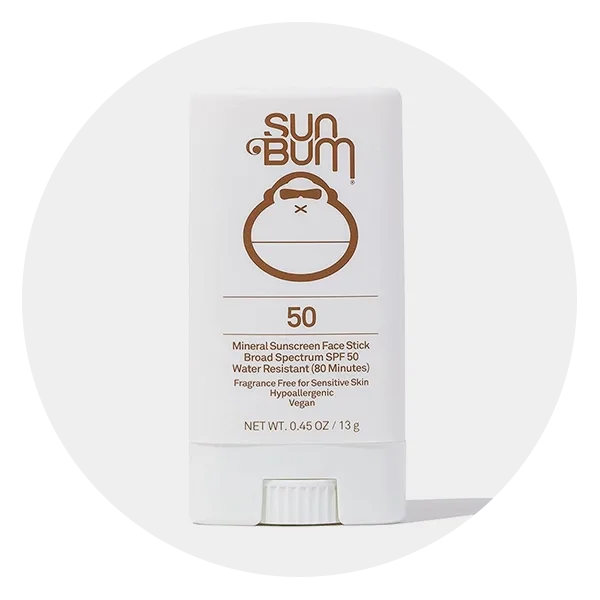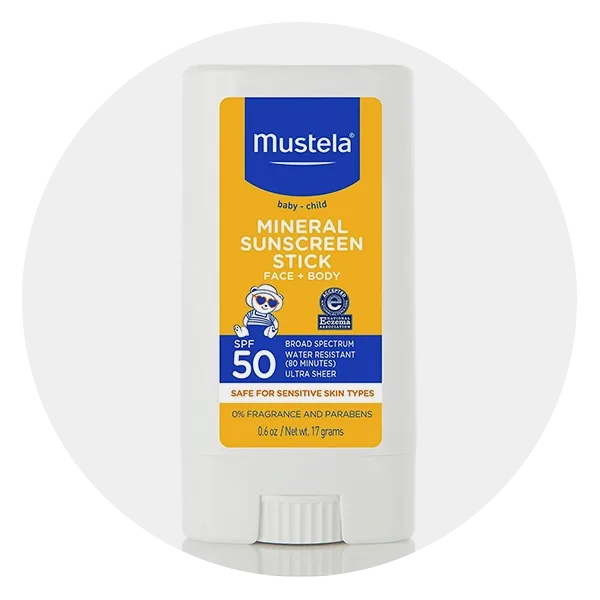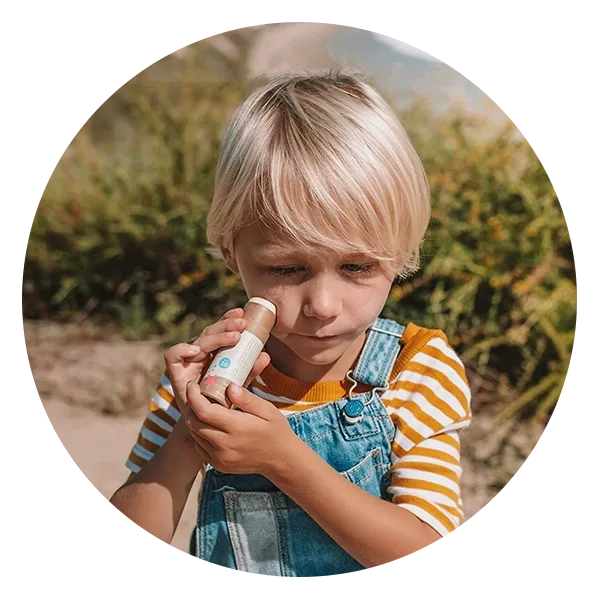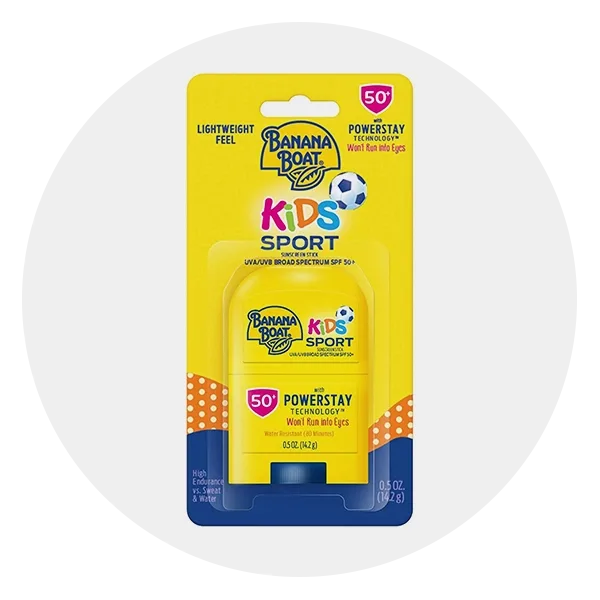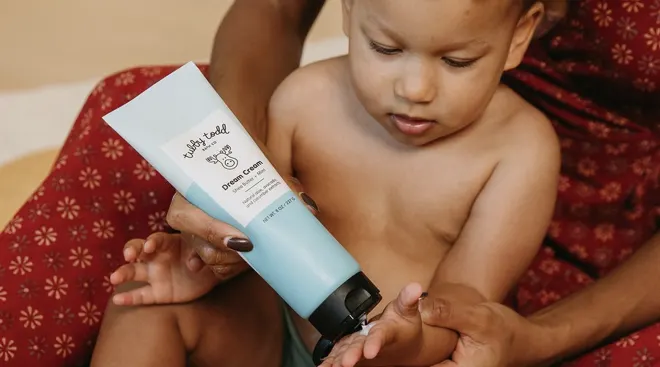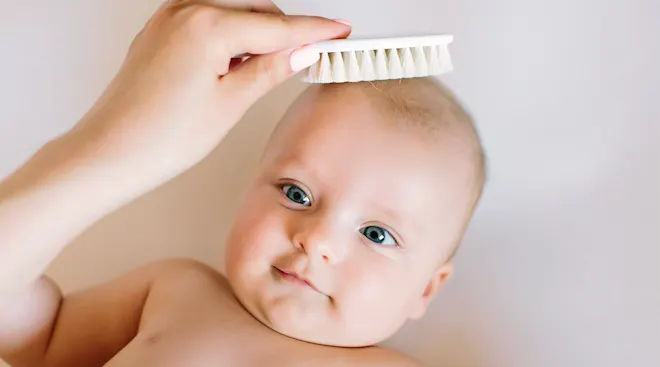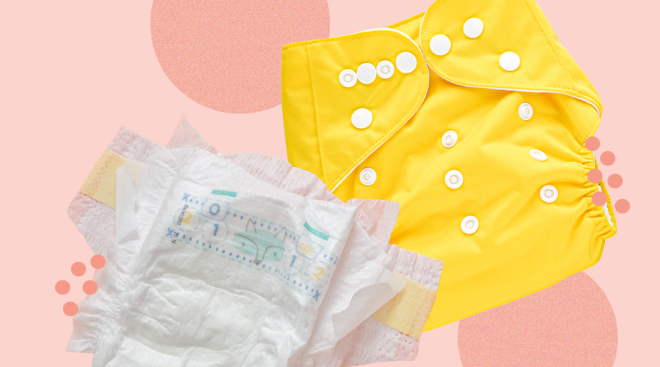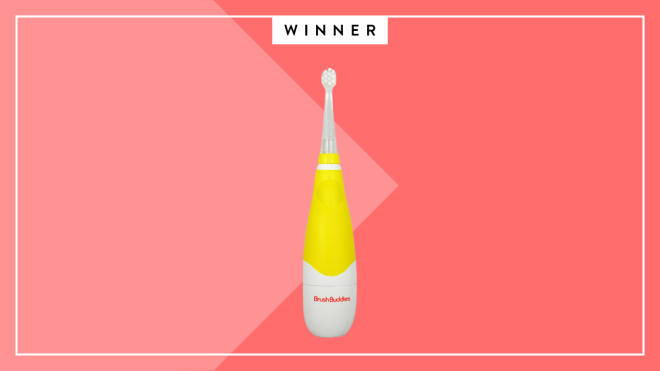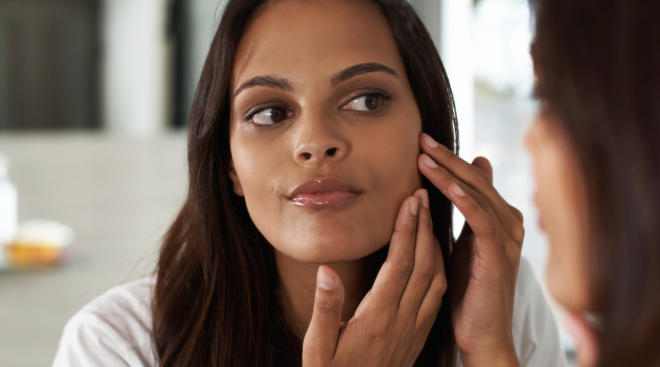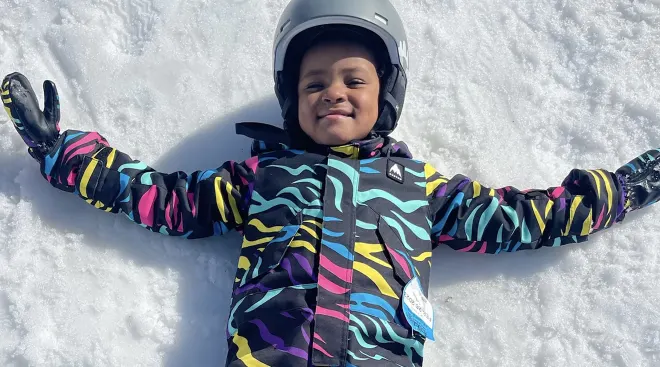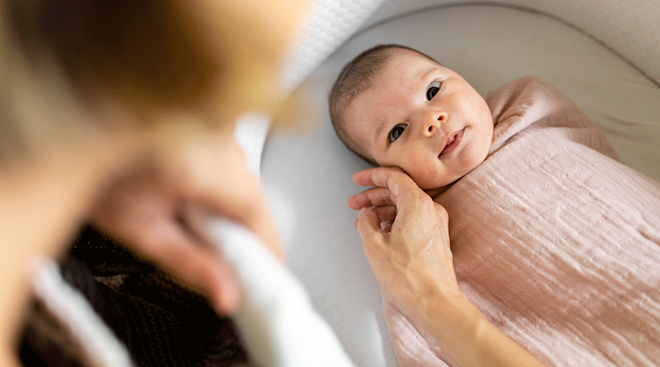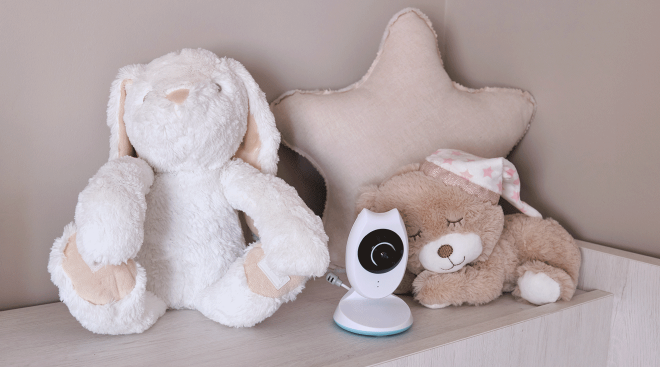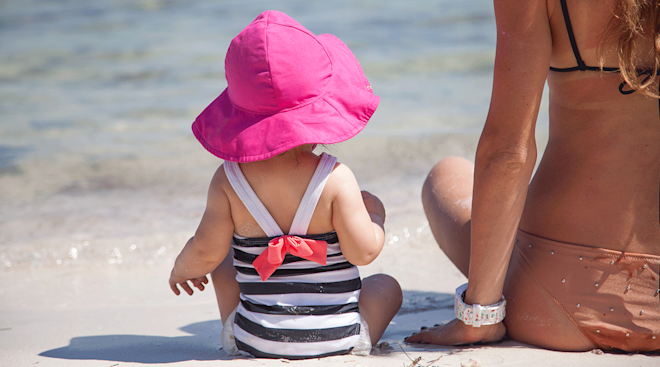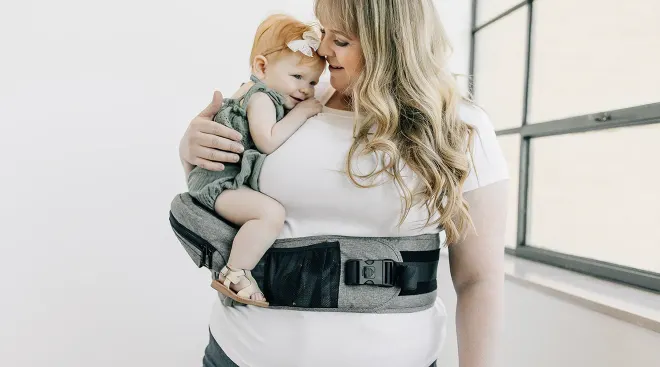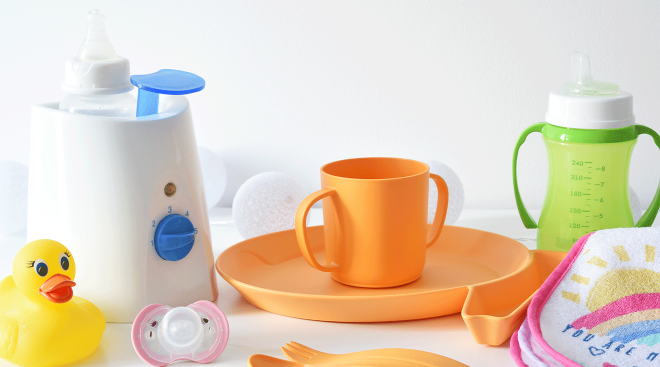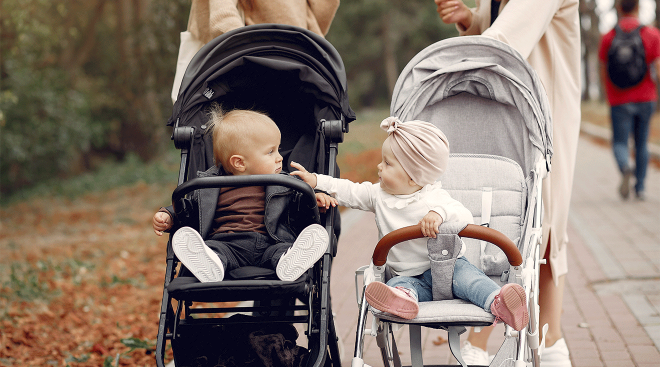10 Best Baby Sunscreens to Protect Your Little One’s Skin
Babies are delicate little creatures, which is why they need their own special kind of sun protection when they play outside. That’s where baby sunscreen comes in.
So what makes baby sunscreen special? “We tend to use sunscreen that contains mineral blockers for babies, while adults use mineral blockers alongside chemical blockers,” explains Joshua Zeichner, MD, a New York City-based dermatologist. “Parents are concerned with the use of titanium dioxide in sunscreens for kids, so many of the latest baby sunscreens are zinc-only. Because zinc is an element found naturally in our bodies, it’s safe to use on delicate baby skin.”
This leads us to a frequently asked question: If baby sunblock is so good, can adults use it too? The answer: 100 percent yes. “In fact, I commonly recommend baby sunscreen for adults who have very sensitive skin,” says Zeichner. “Zinc oxide is not irritating; it’s used to help calm inflamed skin.”
That said, not all baby sunblock is the same. There’s sunscreen for babies with eczema and sensitive skin, nifty sticks, thick lotions and, of course, waterproof options too. And for every category of baby sunscreen, there are plenty of products to choose from—which is why we’ve rounded up the best of the best in sunscreen for babies and kids. Consider your child’s needs, and pick a sunblock that works for your little sunshine—because they’re going to need it before they meet the actual sunshine! Below, shop our top picks—plus, read expert advice on how to keep baby super-safe while having fun in the sun.
Even if you have the best baby sunscreen at the ready, most dermatologists, including Zeichner, recommend that you avoid using sunscreen on newborns. Instead, the youngest babies should be protected from the sun with umbrellas, breathable blankets and canopies. Once baby is 6 months old, you can start applying sunblock—and look for sunscreen specially formulated for babies.
As it turns out, the rules for sunscreen application are more or less the same for babies, kids and adults. Of course, since babies are smaller, they don’t need quite as much sunscreen. Here are a few tips and tricks to keep in mind when considering how to put sunscreen on baby, courtesy of Zeichner:
-
DO apply a nickel-sized amount of sunscreen to baby’s head. If they don’t have hair yet, make sure to cover the scalp with sunscreen.
-
DO make sure babies cover up—and accessorize! When in the sun, little ones should wear breathable long-sleeved clothing, hats and even eye protection. (Yes, baby sunglasses! Those little eyes are sensitive.)
-
DO reapply sunscreen every two hours or as soon as baby gets out of the water.
-
DON’T chase babies and kids when applying sunscreen, especially when it comes to sunscreen sprays. In order for those sprays to be effective, they must be sprayed one inch from the skin. Spray until the skin glistens.
-
DON’T be afraid to use sunscreen sticks; just make sure to apply them correctly. You should apply a sunscreen stick back and forth to make sure there’s an adequate amount of sunscreen on the skin. Afterward, you still have to rub the sunscreen in fully.
According to Dendy Engelman, MD, a Manhattan-based dermatologic surgeon, mineral sunscreens containing zinc oxide are best for baby. What exactly are mineral sunblocks, you might be wondering? Engelman defines them as physical sunscreens, which sit on top of the skin. Keep in mind: This means that they need to be applied more frequently, especially after swimming or sweating. If you’re looking for longer-lasting protection, opt for a water-resistant formula.
Another top tip from Engelman: “Always over-apply!” Stick to lotions or sticks for initial applications, as they’ll provide the most even coverage. If you’re a fan of sprays, Engelman recommends using it as a second coat following lotion or cream. You’ll also want to consider SPF level before purchasing baby sunscreen. Engelman advises parents to apply SPF 30 for daily use, and SPF 50 or higher for times when your kiddo will be in the sun for long periods.
On the other hand, parents should avoid chemical sunscreens when shopping for their children. Why? In contrast to mineral sunscreens, these formulas “are absorbed into the bloodstream and may present risks, such as allergic reactions and skin irritations,” says Engelman. Moreover, steer clear from any comedogenic products, or those that contain parabens, alcohol, sulfates, dyes and fragrance as these can irritate the skin barrier, she adds.
Not all baby sunscreen is created equal; there are tons of different formulas out there designed with specific skin types in mind. To help streamline your search, consider these top categories when shopping for baby sunblock:
-
Natural sunscreen. We don’t want our babies coming into contact with potentially harmful chemicals, so most of the best baby sunscreen options are crafted from natural ingredients. Still, while many may say “natural” on the label, keep in mind that this term is not regulated. When in doubt, turn to the Environmental Working Group (EWG), which tests just how safe (and effective) various products claim to be. The EWG assesses each product based on its ingredients list, and assigns a numerical score, with 1 being the best rating and 10 being the worst. According to the EWG, “the score reflects both the degree of protection from the sun’s ultraviolet radiation and the hazards of all ingredients on the label.” With this in mind, opt for sunblocks with a score of 1 for the best (and most all-natural!) protection.
-
Waterproof sunscreen. On average, sunscreen for infants and tots is water-resistant for up to 40 minutes. If your little one loves to splash, choose a product that offers up to 80 minutes of protection for double the fun in the sun.
-
Sunscreen for sensitive skin. Babies have delicate skin across the board, but if your little one needs something extra gentle, consider an option designed to protect them from the sun without irritating their soft, vulnerable skin.
-
Sunscreen for eczema. If your little love suffers from eczema, you’ll want a workhorse baby sunscreen to keep them safe. Look for sunblocks that have earned the National Eczema Association’s (NEA) Seal of Acceptance, which—after rigorous testing—marks them as the best sunscreen options for babies with eczema. These products are designed to protect baby’s skin without irritating it.
Still not sure where to start? Don’t worry—we’ve got you covered. Here, shop the best baby sunscreen options for every category under the sun, from mineral lotions to all-natural sunblock sticks. For added peace of mind, know that each product we picked has an EWG rating of 1 or 2, so you can ensure you’re getting the safest sunblock for your little love.
Overall best baby sunscreen
- Water resistant for up to 80 minutes
- Must be applied liberally, so the small stick may not last long
First up on our list of the best baby sunscreens? The stick by Thinkbaby, which is the top-rated sunblock for infants and children according to the EWG. Pegged as the “standard for safe sunscreen,” this product has the highest level of UVA and UVB sun protection available. The non-greasy formula is easy to apply and is quickly absorbed into the skin (a major bonus point when you're trying to get even coverage on a wriggly baby). Better yet, it's free from harmful chemicals and is water-resistant for up to 80 minutes.
EWG rating: 1 | Size: 0.64 oz. | Active ingredients: Zinc oxide | SPF: 30
Runner-up for best baby sunscreen
- Hypoallergenic
- Fragrance-free
- Contains 1 percent colloidal oatmeal
- Thick formula
- Can leave a sticky residue on the skin
Next up is a vegan and cruelty-free baby sunblock that earned a top rating from the EWG. The mineral sunscreen contains non-nano zinc oxide, which forms a protective barrier against the sun's harmful UVA and UVB rays. Plus, the hypoallergenic and dermatologically tested formula is enriched with colloidal oatmeal, which can help soothe sensitive, eczema-prone skin. This is also a great choice if you prefer sunblock lotions over sticks!
EWG rating: 1 | Size: 2.6 oz. | Active ingredients: Zinc oxide | SPF: 30
Best sunscreen for babies with eczema
- NEA-accepted
- Non-toxic, phthalate- and paraben- free
- Cruelty-free and reef-safe
- Unscented
- Reapply every 40 minutes
- Leaves a white cast on skin
If you’re on the hunt for sunscreen that won’t irritate, look no further than Trukid’s soothing sunscreen. Specially formulated for delicate skin, this mineral baby sunblock is unscented and made from all-natural ingredients, like aloe vera, sunflower oil and jojoba oil. This pick also has a seal of acceptance from the NEA, for added peace of mind. Plus, it comes in a TSA-friendly travel size, so you can pop it in your diaper bag, whether you’re heading to the park or a beach vacation. Still not convinced? Check out glowing reviews from parents on Amazon.
EWG rating: 2 | Size: 3.4 oz. | Active ingredients: Zinc oxide | SPF: 30
Best mineral sunscreen for babies
- Reef-safe
- Cruelty-free
- No parabens or artificial fragrances
- Can leave a white cast on the skin
- Thick formula is hard to squeeze out of the tube
- Reapply after 40 minutes of swimming or sweating
Our top pick for the best mineral baby sunscreen? This formula from Earth Mama Organics, which offers SPF 40 protection. It’s packed full of safe, organic ingredients like raspberry seed oil and shea butter that either moisturize sensitive skin or contribute to the overall SPF value—nothing more, nothing less. The broad-spectrum sunscreen will protect baby from harmful UVA and UVB sun rays, and is water-resistant for up to 40 minutes.
EWG rating: 1 | Size: 3 oz. | Active ingredients: Zinc oxide | SPF: 40
Another great mineral sunscreen for babies
- Cruelty-free
- Water resistant for up to 80 minutes
- Very small stick
- Can leave a white cast on the skin
Among the safest sunscreens for babies according to the EWG, this highly water-resistant sunscreen stick uses aloe vera, sunflower seed oil, coconut oil and other natural ingredients to protect and soothe baby’s sensitive skin. The compact packaging means you can slip this product in your pocket or fanny pack, so you’ll never be caught without your trusty SPF. Plus, it’s fragrance-free and water-resistant for 80 minutes of fun in the sun.
EWG rating: 1 | Size: 0.5 oz. | Active ingredients: Zinc oxide | SPF: 30
Best natural sunscreen for babies
- Cruelty-free
- Reef-safe
- 98 percent organic ingredients
- Very thick formula
- Can leave a white cast on skin
- Reapply after 40 minutes of swimming or sweating
On the hunt for an all-natural baby sunscreen? Not only is this baby sunblock 100 percent natural, it’s also 98 percent organic—score! Instead of chemical agents, Badger’s formula relies on sunflower oil, beeswax, chamomile, calendula, seabuckthorn and vitamin E to protect, moisturize and soothe baby’s skin. Plus, this sunscreen is biodegradable and reef-safe, meaning you can protect your family without harming the environment. One possible downside? This sunscreen is water- and sweat-resistant for just 40 minutes, which means you’ll need to reapply it more frequently than some other options on our list.
EWG rating: 1 | Size: 2.9 oz. | Active ingredients: Uncoated zinc oxide | SPF: 40
Best sunscreen stick for babies
- Hypoallergenic, paraben-free and vegan
- Water-resistant for up to 80 minutes; reapply after swimming or sweating
- Travel-friendly size
- Can leave a white cast on skin
Engelman recommends this baby sunscreen stick for babies because it’s lightweight and water-resistant for up to 80 minutes. “It’s also formulated with shea and cocoa butters for enhanced hydration as sun, heat and chlorine can wreak havoc on baby’s sensitive skin,” she adds. Other aspects we love about this infant sunblock include how it’s hypoallergenic, non-greasy and has a matte finish. Keep in mind: A white tint is to be expected after applying this sunblock, as it’s a physical blocker—so it sits on top of the skin rather than being fully absorbed.
EWG rating: N/A | Size: 0.5 oz. | Active ingredients: Zinc oxide | SPF: 50
Another great sunscreen stick for babies
- NEA-accepted
- Ultra-sheer formula
- Sweat- and water-resistant for up to 80 minutes
- 70 percent organic ingredients
- Parents say it doesn’t leave a white cast
- Not unscented; reviewers say it smells slightly like shea and cocoa butter
Another baby sunscreen stick we love is this option from Mustela. The mineral formula is ultra-sheer and contains 70 percent organic ingredients—like shea butter and avocado oil—to nourish your little one’s skin. It’s sweat and water-resistant for up to 80 minutes, so you don’t have to worry about constantly reapplying while enjoying time in the fresh air. Better yet, the travel-friendly size makes it the perfect addition to a beach trip with baby. An added bonus: It has a seal of approval from the NEA and a seal of recommendation from the Skin Cancer Foundation.
EWG rating: 2 | Size: 0.6 oz. | Active ingredients: Zinc oxide | SPF: 50
Best organic sunscreen for babies
- Hypoallergenic
- Reef-safe, cruelty-free and non-GMO
- Water-resistant for up to 80 minutes
- Zero waste packaging
- Some parents say it’s sticky and can be hard to spread at times
With this infant sunscreen, you won’t have to choose between top-notch protection and sustainability. The sunblock stick is reef-safe, cruelty-free and hypoallergenic for your peace of mind—plus, it comes in plastic-free, recyclable packaging. Ingredients like organic calendula, chamomile, sunflower and coconut moisturizes baby’s skin, while the non-nano zinc oxide keeps it safe from harmful UVA and UVB rays.
EWG rating: 1 | Size: 1 oz. | Active ingredients: Zinc oxide | SPF: 30
Best budget-friendly baby sunscreen
- Hypoallergenic
- Water-resistant for up to 80 minutes
- Affordable price point
- Contains more active ingredients than other options in our roundup
Choosing a safe sunscreen for kids doesn’t have to break the bank. Take this sunblock stick from Banana Boat, for example, that has an EWG rating of 2. The quick-absorbing formula is water-resistant for up to 80 minutes, so baby can splash to their heart’s content without constant re-applications. What’s more, parents say it’s easy to apply (even on the squirmiest of tots!) and isn’t greasy. Best of all, it rings in at under $6, making it the most affordable option on our list.
EWG rating: 2 | Size: 0.5 oz. | Active ingredients: Avobenzone, homosalate, octisalate, octocrylene | SPF: 50
To help you choose the best baby sunscreen, we put time into researching tons of products across the board. We did this by considering a list of criteria when sourcing options, such as ease of application, ingredient lists, value and SPF level. To ensure all the sunblocks we’re highlighting are safe, we cross-referenced our picks with the EWG, and only included options with a rating of 1 or 2. What do these ratings mean exactly? The EWG assesses each product based on its ingredients list, and assigns a numerical score, with 1 being the best rating and 10 being the worst. According to the EWG, “the score reflects both the degree of protection from the sun’s ultraviolet radiation and the hazards of all ingredients on the label.”
Moreover, we read user reviews to understand how effective these sunscreens are for real families, and don’t consider anything with less than an average four-star rating. To supplement our findings, we chatted with two dermatologists to understand the ins and outs of baby sunscreen application, plus what to look for (and what to avoid) when shopping. Last but not least, for certain products, we also looked for certifications and seals of approval from key organizations, like the NEA.
Interested in learning more about our editorial process? Read about how our team develops and reviews all articles here.
About the experts:
Joshua Zeichner, MD, is an associate professor of dermatology and the director of cosmetic and clinical research in dermatology at Mount Sinai Hospital in New York City. He earned his medical degree from the Johns Hopkins University School of Medicine.
Dendy Engelman, MD, is a board-certified dermatologic surgeon at Shafer Clinic Fifth Avenue in Manhattan. She earned her medical degree from the Medical University of South Carolina, where she also completed her dermatology residency. Engelman is a fellow of the American Academy of Dermatology, American Society of Dermatologic Surgery and American College of Mohs Surgery.
Please note: The Bump and the materials and information it contains are not intended to, and do not constitute, medical or other health advice or diagnosis and should not be used as such. You should always consult with a qualified physician or health professional about your specific circumstances.
Plus, more from The Bump:
Navigate forward to interact with the calendar and select a date. Press the question mark key to get the keyboard shortcuts for changing dates.

































